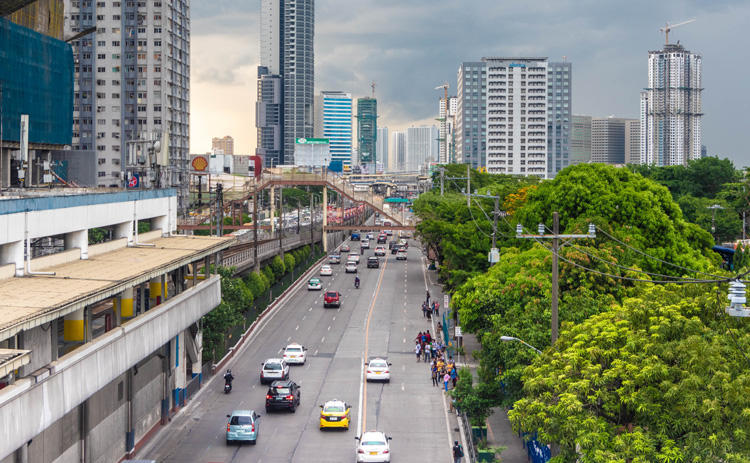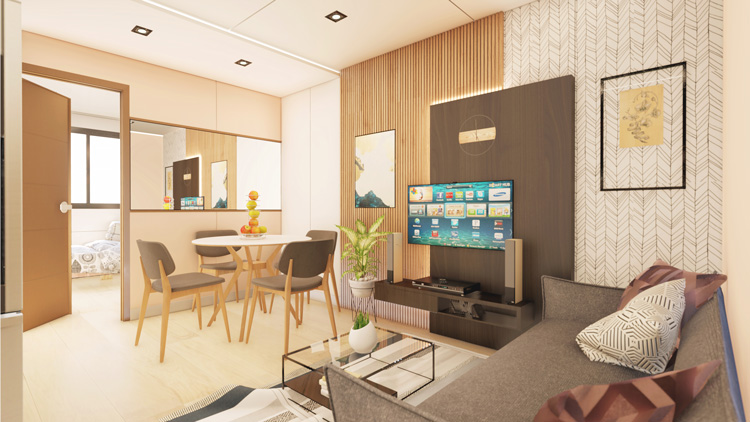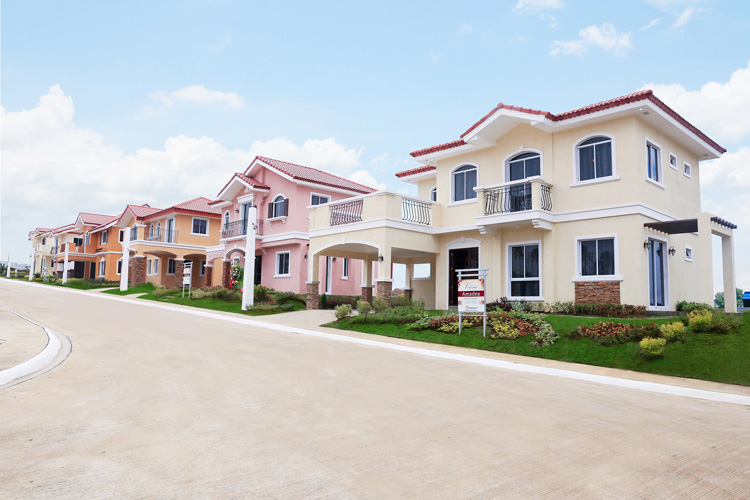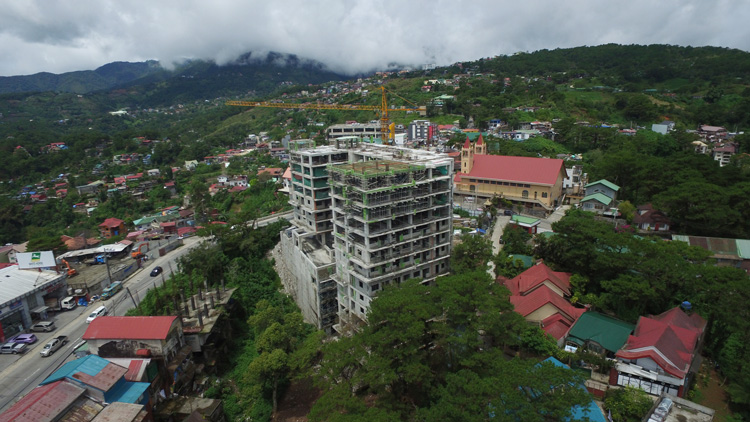
Buying a home is a huge step, especially if it’s your first ever purchase. And oftentimes, you feel a little more anxious than usual, because of all the things you need to study, learn, and research into. Purchasing a property is not just like any other purchase, it is a long quest in finding your forever home. You are most likely to keep it in a long period of time, or even pass it onto generations. Thus, making sure that all your answers, no matter how small, are answered before you continue with your purchase is a big deal.
This is exactly why real estate brokers and agents are here to help us. But, what questions should you ask your agent? When you are in a meet-up or site tripping with your agent, you might feel like all your questions are answered. But most of the time, you still have a lot more queries in your mind. To guide you in your home buying journey, see this list for some questions you need to ask your real estate agent.
1. Accessibility

*Can the place easily be accessed through both private and public transport?
Location is one of the most important bullets you should check. Is the area accessible via public transport? An ideal home should have necessities conveniently accessible. You may also consider schools, hospitals, churches, malls, and corporate hubs around.
2. Unit Details
*What is the unit/house’s exact floor area?
Knowing the exact land and floor area of the property you are buying gives you an in-depth idea on the breakdown of price and estimates your furniture and other home rearrangements.
*What’s included in the Total Contract Price (TCP)?
It is important to ask for the breakdown of your property’s price so you’ll know what you are paying for. Ask your agent what is included in the price package and if there will be additional costs in the long run.
*Are additions and modifications/renovations allowed? If so, what are the rules for additional payment?
This way, you can prepare your budget for the whole cost of the property, including adjustments, if any.
3. Amenities and Features
*What other amenities and features does the community have?
Note that the amenities and special features are included in the package, so make sure that they are worth the price. You may ask them about the pool, the common areas, the wifi connection, security, and the like.
4. Neighborhood
*How old is the community?
If you’re buying a home in a community that has been standing for years now, you must check the background of the neighborhood as well.
*Is it property maintained? Does the community have its own maintenance?
Not all properties are being well-maintained by its developer, so it’s also important to check the neighborhood for its security, safety, and maintenance. If you constantly see security and maintenance staff all over the place while on a tripping, then it’s a good sign.
*What is the community like?
Getting the true ambiance of a neighborhood won’t immediately show up on your first trip to the property, but this aspect shouldn’t be overlooked. Ask your seller what the community is like. Are pets allowed? If so, what are their rules for pets? Are the neighbors friendly? Envision it as a place you’ll live in for the next 20 or 30 years, or even more. Search the internet and read testimonials that will help in your quest to find the neighborhood that fits.
5. Construction
*When is the target completion of my property?
If you are buying a house and lot property, it is important to know when the construction will start and when it is targeted to be finished. If you are buying a condo unit, you should ask when is the target turn over date for the building.
*How will I be able to track my property’s construction progress?
For house and lot properties, you can visit the site weekly, bi-weekly, monthly, or occasionally. But to make sure that the progress continues, you may settle this with your agent.
6. Payment Terms and Promos

*Do you have any special payment terms and promos available?
Before closing the deal, you may negotiate by looking into promo offers and special payment terms.
It is important to ask questions as often as possible to clear everything out before purchasing a home. Once this is all cleared out, there’s still a lot more you should know about home buying, but these newfound knowledge won’t make you too much of a newbie anymore.








